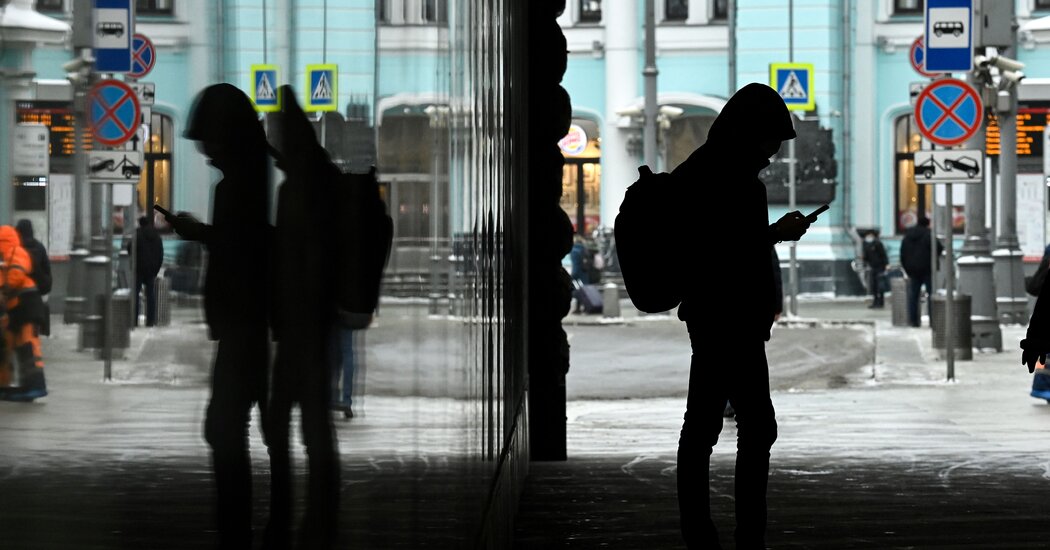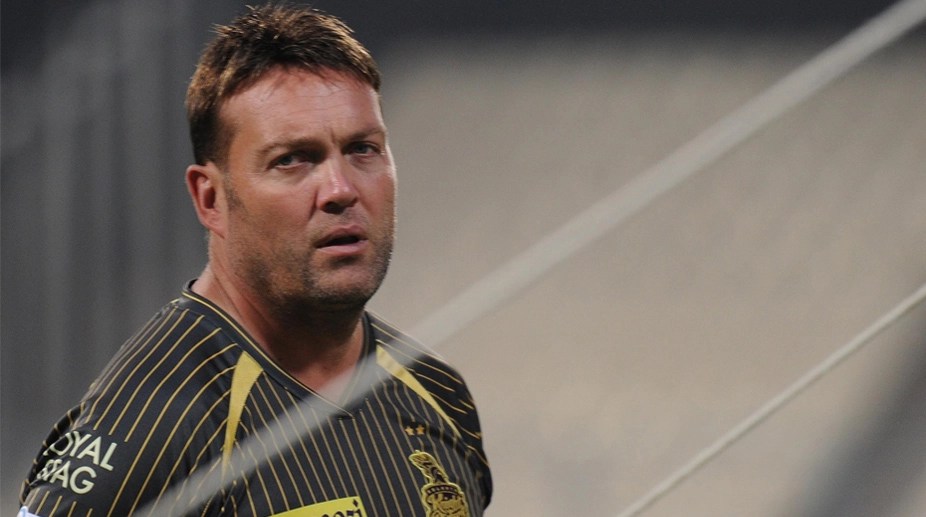

Telegram’s experience illustrates the competing pressures. The app is popular in Russia and Ukraine for sharing images, videos and information about the war. But it has also become a gathering ground for war misinformation, such as unverified images from battlefields.
On Sunday, Pavel Durov, Telegram’s founder, posted to his more than 600,000 followers on the platform that he was considering blocking some war-related channels inside Ukraine and Russia because they could aggravate the conflict and incite ethnic hatred.
Users responded with alarm, saying they relied on Telegram for independent information. Less than an hour later, Mr. Durov reversed course.
What is at the root of this invasion? Russia considers Ukraine within its natural sphere of influence, and it has grown unnerved at Ukraine’s closeness with the West and the prospect that the country might join NATO or the European Union. While Ukraine is part of neither, it receives financial and military aid from the United States and Europe.
“Many users asked us not to consider disabling Telegram channels for the period of the conflict, since we are the only source of information for them,” he wrote. Telegram did not respond to a request for comment.
Inside Meta, which also owns Instagram and WhatsApp, the situation has been “chaotic” because of the volume of Russian disinformation on its apps, said two employees, who were not authorized to speak publicly. Russian experts on Meta’s security team, which identifies and removes state-sponsored disinformation from Facebook and Instagram, have been working around the clock and communicating regularly with Twitter, YouTube and other companies about their findings, the two employees said.
Meta’s security team has long debated whether to restrict Sputnik and Russia Today, two of Russia’s largest state-run media sites, on its platforms or label their posts so they clearly state their source. Russia Today and Sputnik are “critical elements in Russia’s disinformation and propaganda ecosystem,” according to a January report from the State Department.
Meta executives had resisted the moves, saying they would anger Russia, the employees said. But after war broke out, Nick Clegg, who heads global affairs for Meta, announced on Monday that the company would restrict access to Russia Today and Sputnik across the European Union.
24World Media does not take any responsibility of the information you see on this page. The content this page contains is from independent third-party content provider. If you have any concerns regarding the content, please free to write us here: contact@24worldmedia.com

Marnus Labuschagne Caught Off-Guard By ODI Captain Call After Steve Smith Snub

Everyone Is Looking Forward To It, The Standard Will Be Very High – Jacques Kallis On CSA’s SA20

Danushka Gunathilaka Granted Bail On Sexual Assault Charges

Ramiz Raja Sends Legal Notice To Kamran Akmal For Defamatory, False Claims Against The Board

Harbhajan Singh Reckons Mumbai Indians Should Release Kieron Pollard Ahead Of The IPL Auction 2023

Ian Bishop Praises Sam Curran For His Performances On Bouncy Australian Tracks

Why Choose A Career In Child Psychology?